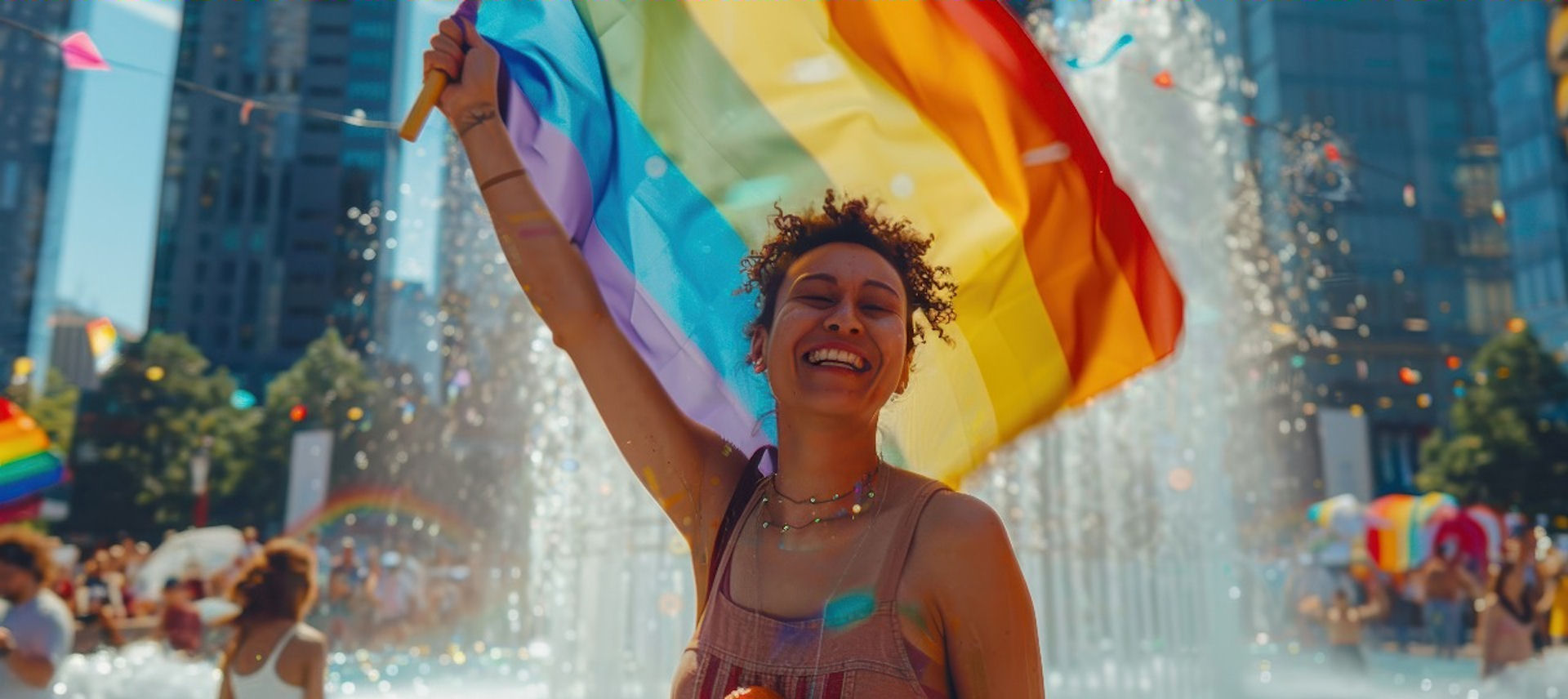June is LGBTQ Pride Month, a time to honor the history, achievements, and resilience of the LGBTQ+ community. It commemorates the Stonewall Uprising of June 1969 in New York City, a pivotal event that sparked the modern LGBTQ rights movement. Pride Month celebrates visibility, love, and equality for people of all sexual orientations and gender identities.
Throughout June, cities across the U.S. and around the world host parades, festivals, and events to raise awareness and foster inclusion. It’s also a time to reflect on ongoing struggles and advocate for equal rights, healthcare access, and protection from discrimination for LGBTQ individuals.
What Is the History of LGBTQ Pride Month?
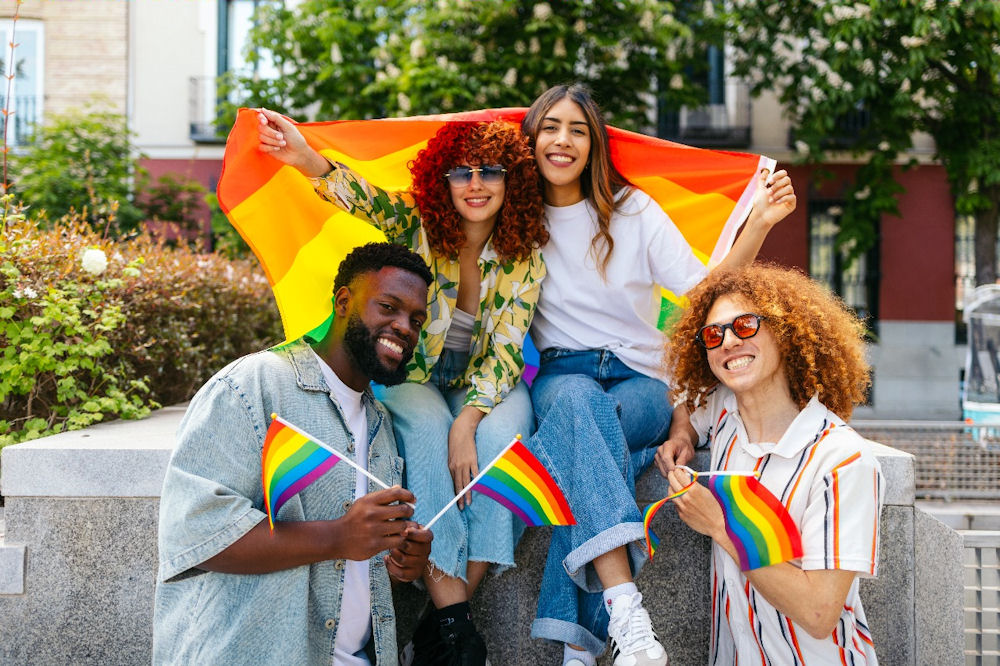
LGBTQ Pride Month is a significant celebration of identity, equality, and community for lesbian, gay, bisexual, transgender, queer, and other sexual and gender minorities. Each June, millions of people worldwide recognize Pride Month through parades, events, education, and advocacy. But where did this important observance originate? Understanding the history of LGBTQ Pride Month offers valuable insight into the struggles and victories of the LGBTQ community.
The roots of Pride Month trace back to the Stonewall Riots, a series of spontaneous protests by members of the LGBTQ community against a police raid at the Stonewall Inn in New York City. This event occurred in the early hours of June 28, 1969. The Stonewall Inn was a popular gay bar located in Greenwich Village, NYC. Police raids targeting LGBTQ establishments were common at the time. On this particular night, patrons and neighborhood residents fought back, igniting several days of demonstrations.
The Stonewall Riots are widely considered the catalyst for the modern LGBTQ rights movement, inspiring activism and solidarity across the United States and eventually the world.
The first official Pride marches took place one year after the Stonewall Riots, in June 1970, to commemorate the anniversary and continue pushing for LGBTQ rights. New York City hosted the first Christopher Street Liberation Day March, named after the street where the Stonewall Inn is located. Other cities such as Los Angeles, Chicago, and San Francisco also held marches. These events honored the uprising while calling for equal rights and the end of discrimination and stigma.
Over time, Pride Month evolved into a global celebration, including cultural events, political advocacy, and educational outreach. While June remains central, some communities celebrate Pride throughout the year. Pride has grown more inclusive of a wide range of identities within the LGBTQ spectrum, and many events now promote both celebration and advocacy. It continues to be a powerful force for legal reforms and social change.
Pride Month is rich with symbolic meaning. The rainbow flag, designed by Gilbert Baker in 1978, stands as a universal emblem of LGBTQ pride and diversity. Each color on the flag holds a specific meaning, such as red for life and orange for healing. Pride events also include parades, performances, and themed campaigns. These symbols promote visibility and foster a sense of unity and resilience.
Why is Pride Month in June?
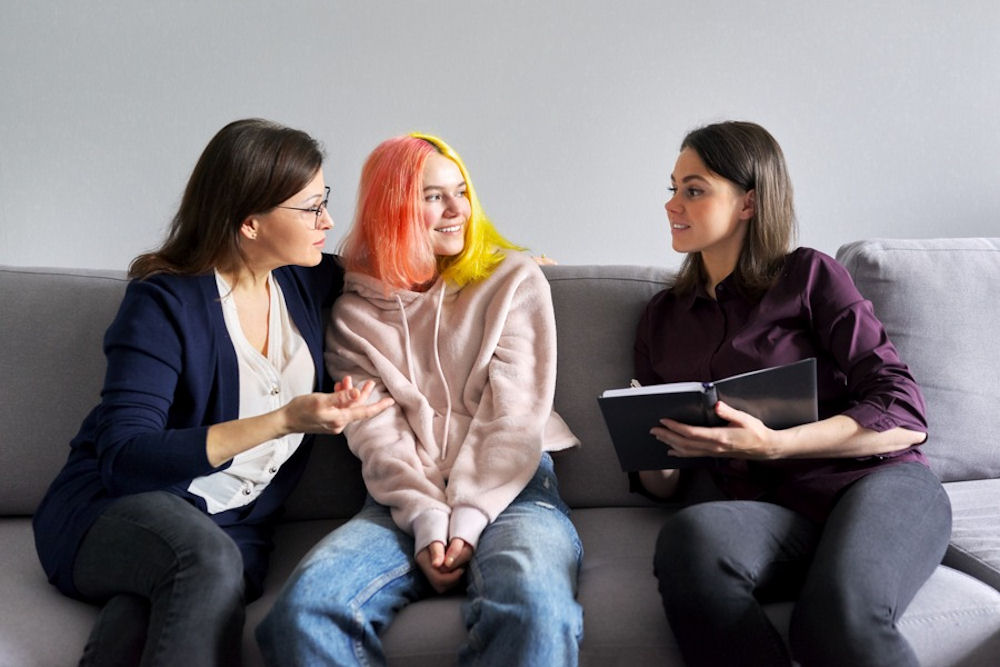
June was chosen to honor the Stonewall Riots, which occurred in the last days of June 1969. By recognizing this pivotal moment, Pride Month bridges past struggles with present achievements and ongoing advocacy.
Impact of Pride Month
Pride Month has brought significant social, emotional, and political benefits to LGBTQ communities and society at large. It raises awareness of LGBTQ identities, encourages self-acceptance, and fosters inclusive community environments. Pride also provides a platform to push for policy changes, protect rights, and promote mental health by reducing stigma and isolation.
Challenges and Controversies
Despite its success, Pride Month has faced criticism and resistance. Some argue that corporate involvement has diluted its original activist spirit. Others push for greater inclusion of marginalized LGBTQ groups, such as transgender and non-binary individuals. In many regions, Pride events still face political opposition or threats to safety.
How to Celebrate Pride Month Respectfully
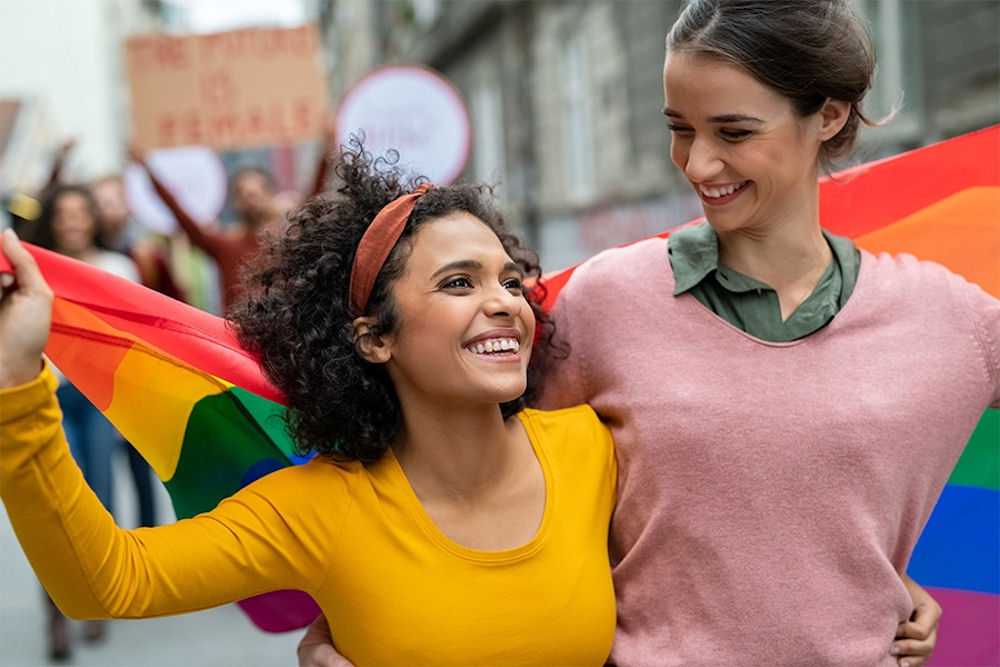
Respectful participation in Pride Month involves learning, listening, and showing up for the community. This can include attending events, volunteering, supporting LGBTQ businesses, and standing against discrimination. Being an ally also means continually educating yourself on the history, struggles, and achievements of the LGBTQ community.
Mental Health and Substance Abuse in Portland’s LGBTQ+ Community: A 2025 Overview
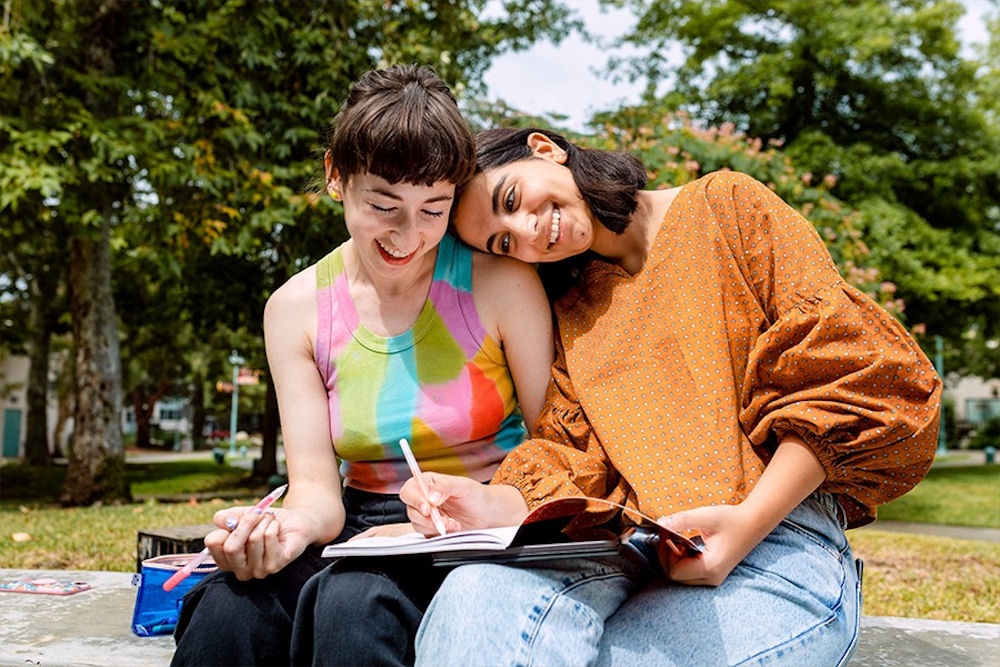
Portland, Oregon, is recognized for its progressive values and vibrant LGBTQ+ community. However, members of this community face significant challenges related to mental health and substance abuse. Recent data underscores the urgency of addressing these issues with culturally competent care and inclusive support systems.
LGBTQ+ youth in Oregon experience disproportionately high rates of mental health issues. According to research by The Trevor Project:
- 44% have seriously considered suicide in the past year.
- 54% of transgender and nonbinary youth reported suicidal ideation.
- 59% sought mental health care but were unable to access it.
Barriers include fear of discussing mental health concerns and apprehension about not being taken seriously.
Despite these challenges, over 70% of LGBTQ+ youth in Oregon report their communities as “somewhat” or “very accepting,” indicating a foundation upon which to build more inclusive support systems.
Substance abuse rates among LGBTQ+ individuals in Portland are notably higher than those of their heterosexual counterparts. In a research conducted by the Substance Abuse and Mental Health Services Administration (SAMHSA):
- 39% of LGBTQ+ adults struggle with addiction, compared to 17% of heterosexual adults.
- LGBTQ+ adults are nearly four times more likely to use marijuana and more than twice as likely to misuse opioids.
- Methamphetamine use is 12 times higher among LGBTQ+ adults.
These disparities are attributed to factors such as social stigma, discrimination, and a lack of culturally competent treatment options.
Addressing the Crisis: Crestview Recovery’s Inclusive Approach
Crestview Recovery, located in Portland, offers specialized programs tailored to the unique needs of the LGBTQ+ community. Recognizing the complex interplay between identity, mental health, and substance use, Crestview provides a safe and affirming environment for healing.
Key features of Crestview’s LGBTQ+ program include:
- Inclusive Treatment Environment:A space where clients feel accepted and understood, fostering open dialogue and mutual respect.
- Peer Support:Opportunities to connect with others facing similar challenges, reducing feelings of isolation.
- Comprehensive Services:Access to individual counseling, group therapy, and family counseling programs.
- Holistic Therapies:Incorporation of yoga, meditation, art therapy, and more to support overall well-being.
By addressing both the psychological and social aspects of addiction, Crestview empowers LGBTQ+ individuals to embark on a path toward lasting recovery.
Crestview Recovery employs a holistic approach to addiction treatment, recognizing the importance of healing the mind, body, and spirit. This method is particularly beneficial for LGBTQ+ individuals, who may face unique stressors and traumas.
Holistic therapies include the following:
- Yoga and Meditation:Promote mindfulness and stress reduction.
- Art and Music Therapy:Provide creative outlets for expression and processing emotions.
- Adventure Therapy:Encourages personal growth through outdoor activities.
- Acupuncture and Massage Therapy:Aid in physical relaxation and emotional balance.
These therapies complement traditional addiction therapy services, offering a comprehensive approach to recovery.
Addressing the mental health and substance abuse disparities in Portland’s LGBTQ+ community requires a multifaceted approach:
- Enhancing Access to Care:Expanding culturally competent mental health and substance abuse services.
- Community Engagement:Promoting community-led initiatives that foster inclusivity and support.
- Policy Advocacy:Advocating for policies that protect LGBTQ+ rights and promote equitable access to healthcare.
- Education and Awareness:Implementing programs that educate about the unique challenges faced by the LGBTQ+ community.
By investing in these areas, Portland can continue to build a supportive environment where all individuals, regardless of sexual orientation or gender identity, have the opportunity to thrive.
Crestview Recovery offers LGBTQ+ Addiction Treatment in Portland, Oregon
Crestview Recovery in Portland, Oregon, provides specialized addiction treatment tailored to the unique needs of the LGBTQ+ community. Understanding that LGBTQ+ individuals often face added layers of trauma, stigma, and discrimination, Crestview offers a safe, inclusive space where clients can begin their recovery journey without fear of judgment.
Our program offers evidence-based counseling and holistic therapies like mindfulness, led by compassionate LGBTQ+-trained professionals, addressing substance use and emotional challenges in a supportive environment.
Our team at Crestview Recovery is made up of licensed therapists, addiction specialists, and medical professionals. We provide compassionate, LGBTQ+-affirming care and create personalized treatment plans to support each client’s unique path to recovery and lasting wellness.
Crestview’s LGBTQ+ treatment fosters healing through acceptance and support, helping clients build coping skills and confidence in a welcoming space. Contact us today to begin your healing journey.

